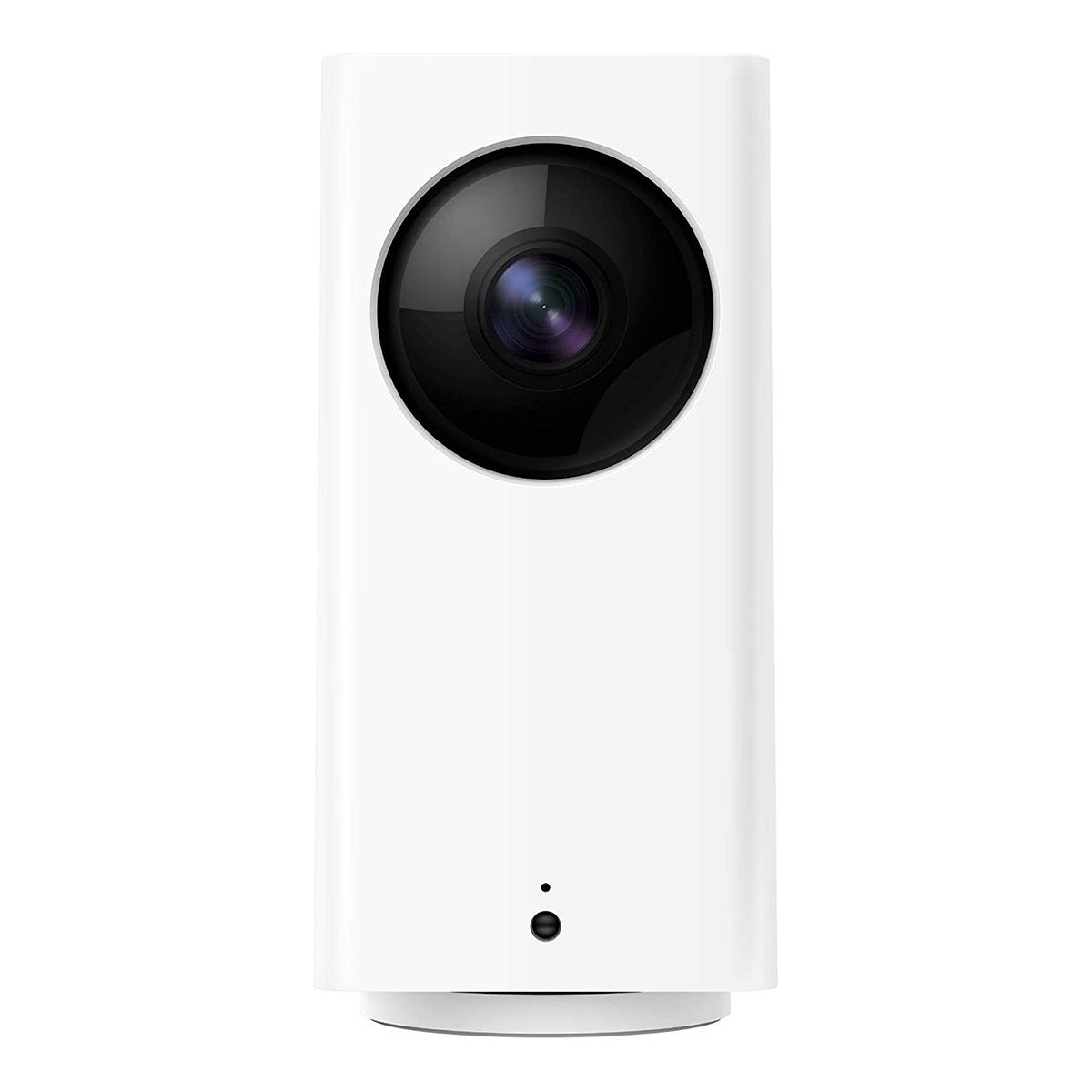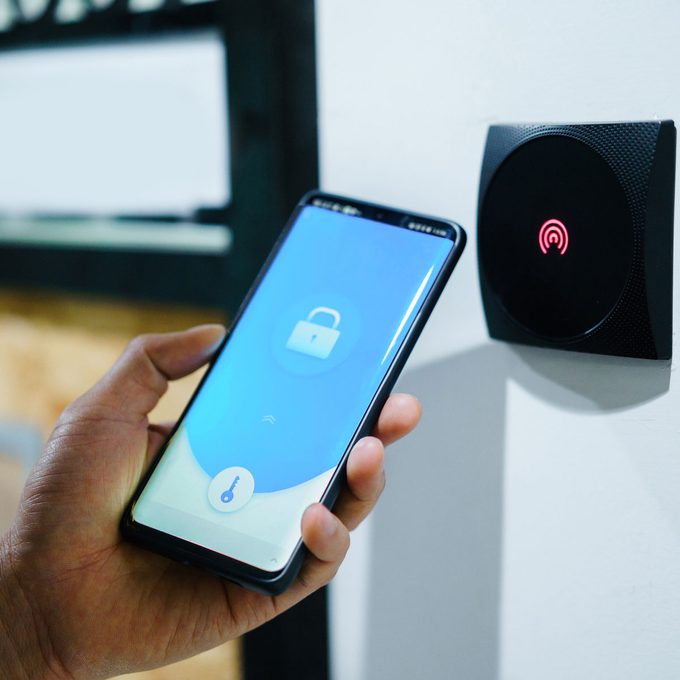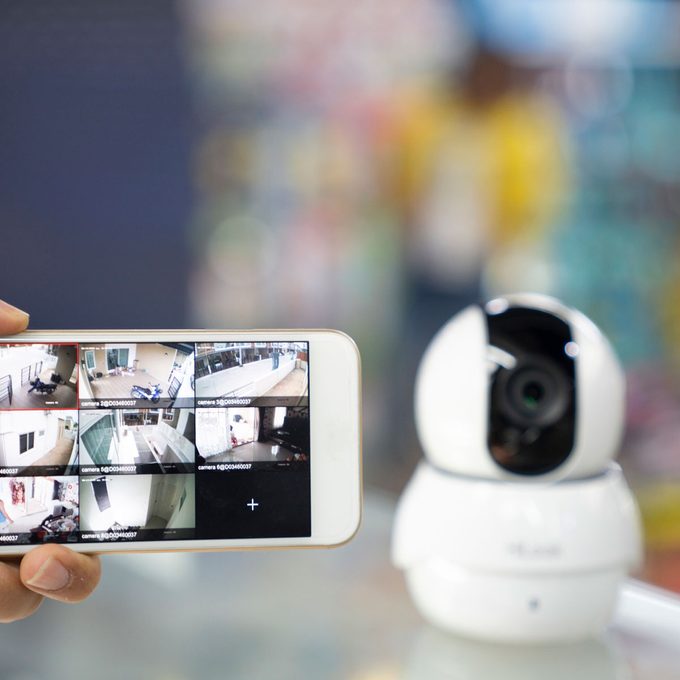Security cameras connected to the internet are easy to hack. Here's how to stop a breach before it happens.
Our editors and experts handpick every product we feature. We may earn a commission from your purchases.Learn more.


Security cameras connected to the internet are easy to hack. Here's how to stop a breach before it happens.
Our editors and experts handpick every product we feature. We may earn a commission from your purchases.Learn more.
Home security cameras offer peace of mind by letting you monitor your home environment. Smart cameras allow you to catch intruders, check on a child or eyeball your pets from anywhere via an app on your phone.
While smart security cameras are handy, they have downsides, too. You’ve probably seen scary headlines about people hacking home security cameras. In one, a family’s camera was hacked, then used to scare them into thinking the United States was under a missile attack. In another incident, a stranger hacked into a child’s bedroom security camera and talked to the child.
Unfortunately, just about any device connected to the internet can be hacked. Luckily there are ways to protect yourself and your home.
On This Page
Probably. Some cameras are more susceptible to hacks than others, but you can fight back.
Cameras with two-factor authentication requiring a password can prevent easy access to your online account or app. Enabling two-factor authentication means when you log in, you’ll be prompted to enter a code sent to your phone or email.
Some cameras, like these Lorex cameras, operate free of the internet. You lose functionality but gain security since they can’t be hacked.
In many of the cases reported, the hackers just wanted the thrill of scaring the owners. Unfortunately, dangerous hackers can use these cameras to discover personal information or capture images of people in vulnerable moments.

Besides two-factor authentication, several additional ways exist to protect yourself from hacking. Elena Mauer of SecurityNerd.com, an online resource specializing in home security solutions, offered these tips:
Set up complex usernames and passwords that are difficult to guess. Too many people choose something simple like “password,” “1234” or their birth date. Passwords should be at least eight to 10 characters and include symbols and punctuation marks. Your camera, security system and Wi-Fi router should have unique usernames and passwords, changed periodically.
Set up WPA2 security on your router, which requires each new device to submit a password to connect. (Contact your router’s manufacturer to learn more.) If WPA2 is not an option, consider buying a new router with this type of security.
Don’t access your security camera or home security system from a public Wi-Fi network, like those at a café or park. These networks aren’t secure and hackers can use them to find your information.

Even when you’re diligent, it’s possible to miss something. Signs you may have been hacked include unusual or unexpected alerts (e.g. a password change notice, unfamiliar charges on your card, etc.), especially if you’ve delayed important system updates.
Other things to watch for:
Many security systems and cameras allow you to monitor logins to see who’s accessing your account. Check those periodically to be sure there’s no unusual activity. If you suspect someone else may have logged into your system, it’s time to change your passwords again. Password changing can be annoying, but it’s important.
Stay on the lookout for any strange activity on your security camera — say, if it indicates it’s on when you haven’t activated it (usually a light comes on), or if it moves or pans on its own. That could mean someone else has accessed it.
If you’re giving friends or family members access, don’t let them use your username and password. Create separate usernames and passwords for them so that you can turn off access if you need to. That prevents your password from getting into the wrong hands.
First, unplug the camera from its power source. Then change the passwords on your account, any connected apps and your router. Finally, contact the manufacturer of the device and local law enforcement.